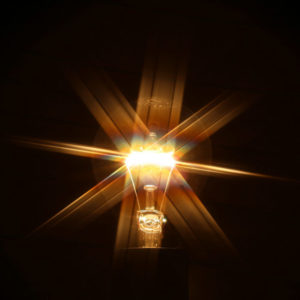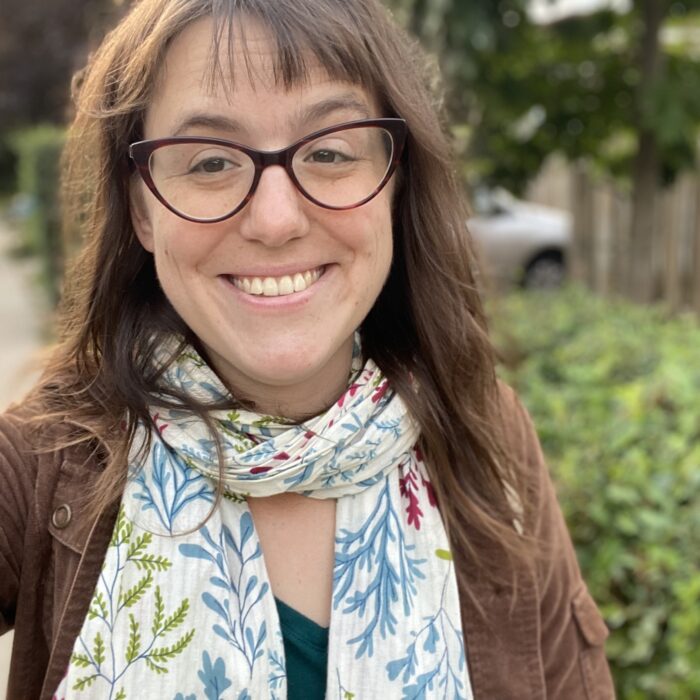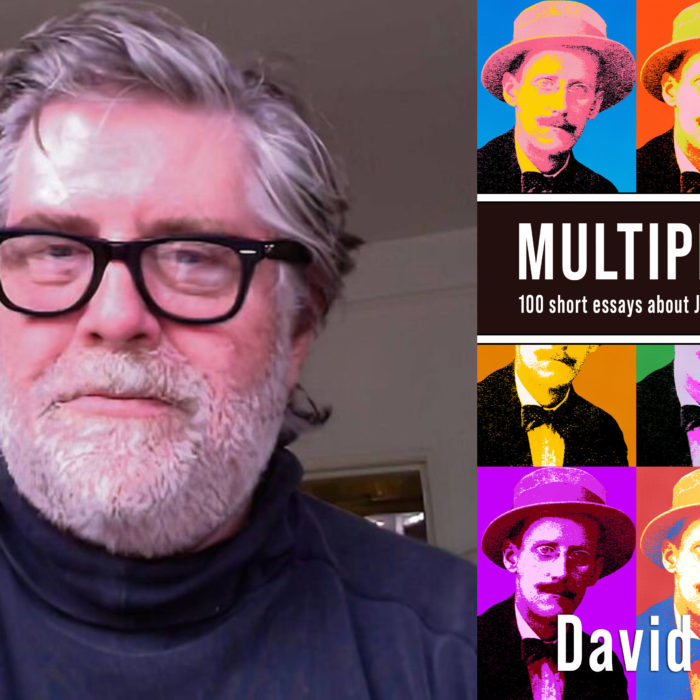You have no items in your cart. Want to get some nice things?
Go shopping
For this instalment of A Flash of Inspiration, we’re featuring “Lovers of This World” by Rob Yates, which originally appeared in Litro on November 7, 2021.
How long have you been writing fiction? Do you write in other genres? Do you find that you return to certain themes in your writing?
Sometimes I tell myself I’ve been writing fiction since I could first string sentences together, but when I look back I realise as a child I was more fascinated by blank pages and the plans that precede them than the graft that goes into filling empty space. I had what feels like hundreds of unfinished, barely started novels that stretched into a blind infinity. I suppose I started to actually complete short pieces of work in my teenage years and managed a couple of unpublishable but nevertheless “complete” novels after I graduated university. Certainly running before I could walk, though. In more recent years, I’ve dialled things back and have tried to focus on shorter forms. I also write poetry every now and then and have recently tried some weird hash of spoken word and music. All of this can be found via my website.
Themes that keep emerging? People flashing in and out of one another’s lives, the idea of home and away and coming home again, travel in various forms, and I suppose a vague and not particularly original (or interesting) disillusion/angst – stubbornly adolescent in many respects, something I’m yet to effectively discard.
What inspired “Lovers of This World”?
I started thinking about not having sex on a plane and the rest went from there. I’ve been writing more and more about relationships in the past couple of years, what they mean and what their endings mean. I didn’t know what was going to happen in this particular story plot-wise until it struck me halfway through. Once I had the thought it wouldn’t leave, so I had to leave it in.
One thing that particularly struck me about this story is its consistent, almost clinical tone that contributes to a sense of alienation which perfectly matches the somewhat alienated characters. Would you describe the tone in similar terms? Did you go through a lot of revisions to achieve the evenness of the tone?
That’s very kind of you to say! I think it helps that I wrote it in a few sittings over the course of a few days – a far more manageable feat with short fiction. I think sometimes you just slip into a tone, if you’re lucky, and if you can ride that tone while it lasts, then it can lead to some sort of meaningful consistency, or the semblance of meaningful consistency. I’m pleased to hear you felt it matched the characters in some way and I think you’re right in that alienation pervades the whole superficially sun-kissed landscape.
Who was the reader you had in mind when you conceived this story?
I’m not entirely sure, and a few years ago I would have said I don’t write with anyone in mind, but increasingly I think about what my friends and family will think of my writing, and probably always have done so. Not in the sense that I’ll pitch things at them directly – tone and setting and ideas sort of emerge of their own accord – but I think if I imagine anyone reading my stuff, then it is usually them. Sometimes they say nice things, other times they remain quiet, which I always take to be polite and silent disapproval. Both responses are welcome.
Tell us about some of your writing preferences. Pen/Pencil or computer? Language or plot? First, second, or third person? Male or female protagonist? Short forms or long forms?
Pen because it propels you forward and prevents you from being too fussy about deletions and revisions.
Plot in the sense that there will usually be a tableau or scene that sparks the rest (like not having sex on a plane, or having a photo taken of you without realising, or not being able to die unless you’re submerged in water). The language will usually come after, and I feel I have less control over that, which doesn’t necessarily bode well.
I haven’t tried second-person apart from when dabbling in interactive fiction, a relatively new and entirely guilty pleasure.
Usually male, I regret to say – I certainly write more convincingly from a male perspective, I think, and am trying to work on this.
Shorter and shorter and shorter forms.

Are there any literary forms which you read but don’t write (poetry or graphic novels, for example.) and that inform your practice? If so, how?
I’ve started to pay more attention to video games, particularly ones with strong narrative elements. My brother’s a keen gamer, and I usually go to him for recommendations. As someone who doesn’t play video games much myself, I’m quite often stunned by their narrative force and their formal qualities, naively having underestimated some of the interesting stuff that continues to be done in the field. Off the top of my head pieces such as What Remains of Edith Finch, Davey Wreden’s The Beginner’s Guide, Dear Esther – that sort of thing.
I’ve also started to explore interactive fiction and text adventures via Aaron Reed but haven’t really dived into creating any myself other than playing around with a few ideas. This year he’s done a really phenomenal series called 50 Years of Text Games on Substack. He’s written some great, sprawling parser-based fiction himself, such as Blue Lacuna, and has a great journalistic style – I recommend checking him out. It’s been opening a lot of imaginative doors for me and got me thinking about narrative and the shaping of stories in different ways, especially in relation to computers, technology, and so forth.
How do you combat bad writing habits and stay motivated?
An ongoing struggle. I guess trying to recognise that discomfort has to be sat with and sat through, that doing a little every day is better than doing loads once in a blue moon, and trying not to compare myself endlessly and fruitlessly to everyone who’s ever made anything.
Where do you turn for creative inspiration? Which writers (and/or stories) are particularly important to you? What of note are you currently reading?
I’ve recently rediscovered science fiction and have been loving M. John Harrison and Ursula Le Guin. I even revisited Asimov’s Foundation Trilogy a few weeks back, which was like reading it for the first time, because I couldn’t remember anything from when I read it as a child – I also don’t understand how I would have followed the plot as a child. Maybe I didn’t?
What are you working on now?
A few songs, a few stories, and a book about people living and dying in trees (I’m at the fun planning stage, blank pages ahead of me, plenty of ideas to be filling them with, very few actual words in the world.) I’m also toying with the idea of submitting a novella about family structures and generational trauma to various indie publishers and/or agents – I’ve been working on it sporadically for the past four years, which I think is too long for me to be working on anything. It’s in a roughly completed form but doesn’t seem to have hit the mark with the few people who have been kind enough to read it, so I imagine I will relegate it to a folder in the cloud and move on.
Do you have any predictions, hopeful or otherwise, about the future of literature?
I think the big literary task of our generation will prove to be writing about what it feels like to be alive during “the age of the internet,” whatever that means. I think when people study the literature of this period in a hundred or two hundred years time it will be through the lens of changing technology, an electronically globalised world, all that sort of thing.
Writing about the internet is not something I’ve attempted to do – in fact the internet is often conspicuously absent from the stuff I write, which I think will come to seem increasingly implausible over time, if it doesn’t seem so already. Ahead of the pack, in my mind, is Patricia Lockwood – I think she writes about the web better than anyone else I’ve read. I hope people read her in the next century.




